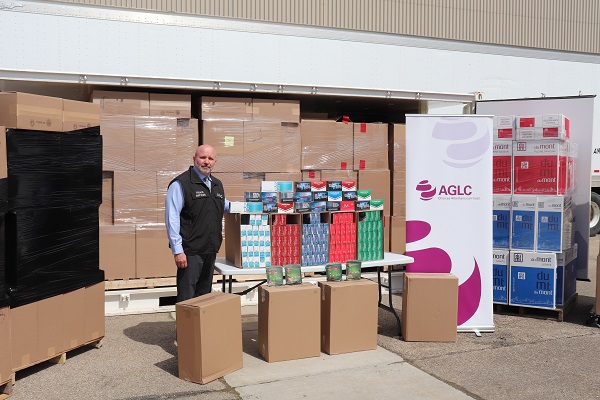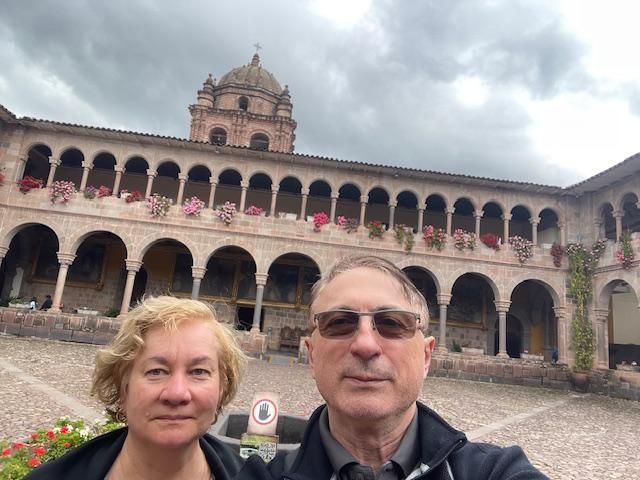Addictions
British Columbia appears to have quietly authorized free fentanyl for kids without parental consent
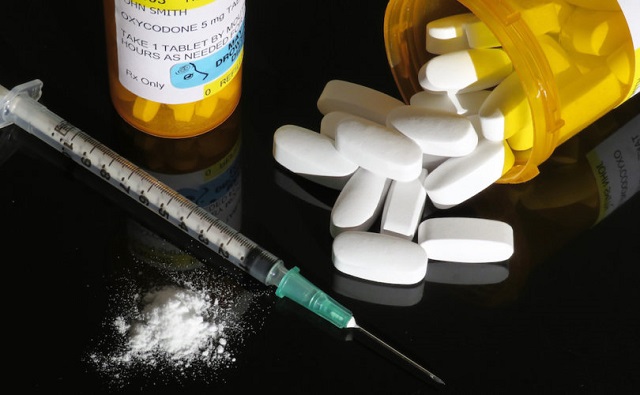
From LifeSiteNews
In addition to having low requirements for children to obtain the drugs, the document fails to list a minimum age for receiving recreational fentanyl.
British Columbia has apparently authorized the distribution of free fentanyl to children without parental consent or perhaps even knowledge.
Earlier this week, British Columbia Centre on Substance Use (BCCSU), an influential research organization, told National Post journalist Adam Zivo that their protocols for the prescription of “safe” fentanyl tablets to children were contracted by the province “to further support clinicians prescribing safer supply across the province.”
The protocols were published in August, but both the B.C. government and mainstream media have remained relatively silent on the new regulations.
According to the protocols, the only special requirement for children to obtain fentanyl is the use of a “two prescriber approval system.” This means one doctor will run the initial patient interview while a different doctor will review the child’s charts before signing off on the drug prescription.
In addition to having low requirements for children to obtain the drugs, the document fails to list a minimum age for receiving recreational fentanyl. Furthermore, the protocols completely neglect to mention of the rights and roles of parents.
According to the National Institute on Drug Abuse, fentanyl is 50 to 100 times more potent than morphine and a highly addictive drug. Because of its potency, the drug is often mixed with other less powerful drugs, which can easily lead to an overdose. Additionally, fentanyl users will need to increase their dose as the brain adapts to the drug to receive the same results.
As absurd and unfounded as these protocols seem, the BCCSU went a step further by admitting that there is no evidence to support their new recommendations.
“To date, there is no evidence available supporting this intervention, safety data, or established best practices for when and how to provide it,” the document reads, adding that “a discussion of the absence of evidence supporting this approach” is a necessary step in acquiring informed consent from patients.
Since the release of the National Post exposé, Canadians have voiced their disbelief and dismay over the new regulations across social media, with many questioning why the B.C. government would provide hard drugs to minors.
“Now, in BC, the NDP (supported by Trudeau) have approved handing out (at taxpayers’ expense) actual fentanyl,” filmmaker Aaron Gunn wrote on X, formerly known as Twitter.
“Including to minors under the age of 18,” he added. “Without parental consent.”
Ever since producing Canada is Dying, the situation in this country has continued to deteriorate.
Now, in BC, the NDP (supported by Trudeau) have approved handing out (at taxpayers' expense) actual fentanyl.
Including to minors under the age of 18.
Without parental consent. https://t.co/AN03AxBcEw
— Aaron Gunn (@AaronGunn) January 11, 2024
Similarly, Conservative Party of B.C. leader John Rustad condemned the plan, saying, “It seems that parents will actually be powerless to stop the (NDP Eby) government from supplying their children with fentanyl.”
“This is nightmare fuel for parents and families,” he added.
Deaths from drug overdoses in Canada have gone through the roof in recent years, and have only increased in British Columbia after Prime Minister Justin Trudeau’s federal government allowed the province to decriminalize drugs.
The effects of decriminalizing hard drugs in various parts of Canada, particularly in British Columbia where possession of such drugs in small amounts is outright legal, has been exposed in Gunn’s recent documentary, Canada is Dying, and in U.K. Telegraph journalist Steven Edginton’s mini-documentary, Canada’s Woke Nightmare: A Warning to the West.
Gunn says he documents the “general societal chaos and explosion of drug use in every major Canadian city.”
“Overdose deaths are up 1000 percent in the last 10 years,” he said in his film, adding that “[e]very day in Vancouver four people are randomly attacked.”
Despite this, B.C’s. Supreme Court recently ruled that preventing drug users from going near playgrounds would violate their constitutional right and cause “irreparable harm.”
Trudeau’s federal policy put in place in May 2022 in effect decriminalized hard drugs on a trial-run basis in the province-wide. While the policy was approved in 2022, it did not come into effect until February 2023.
Under the policy, the federal government began allowing people within the province to possess up to 2.5 grams of hard drugs without criminal penalty, but selling drugs remained a crime.
The policy has been widely criticized, especially after it was found that the province broke three different drug-related overdose records in the first month the new law was in effect.
Despite the policy, deaths from drug overdoses in Canada continue to skyrocket. The most recent statistics from 2021 show that they went up 33%.
Addictions
Liberals shut down motion to disclose pharma payments for Trudeau’s ‘safe supply’ drug program
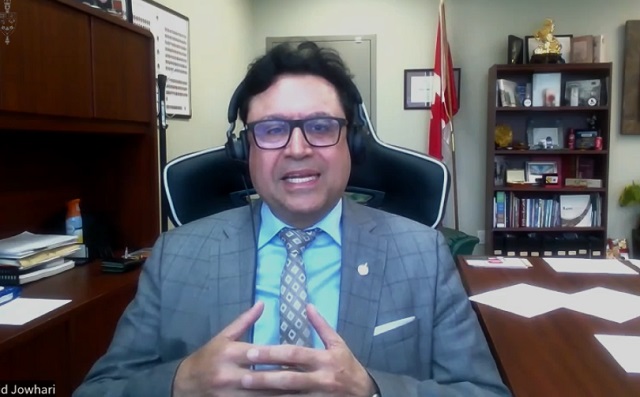
Liberal MP Majid Jowhari
From LifeSiteNews
The motion comes as RCMP testified in April that Trudeau’s taxpayer funded ‘safer supply’ drugs are being diverted to the black market.
Liberal Members of Parliament (MPs) resisted a motion to disclose payments made to pharmaceutical companies for “safe supply” opioids.
During a May 15 session in the House of Commons, Liberal MPs blocked a vote on a motion by Conservative MP Garnett Genuis to publish the contacts between Prime Minister Justin Trudeau’s government and pharmaceutical companies for “safe supply” opioids.
“Allow the public to see the contracts,” Genuis told the Commons government operations committee, questioning, “What do you have to be afraid of?”
“There are contracts involving this government and big pharmaceutical companies involved in producing and selling dangerous hard drugs which then end up on our streets,” he argued.
“Big pharmaceutical companies are involved in supplying hard drugs that are used as part of the government’s so-called ‘safe supply’ program,” Genuis continued. “These programs are a failure. We oppose them. In any event, we believe the public has a right to see the contracts.”
However, a committee vote on his motion was quickly blocked by Liberal MPs.
“I don’t think this is a motion we should move forward with,” Liberal MP Majid Jowhari said.
“I think we should go back and look at it and say our objective is to get an understanding of the source of safe supply and how it is being procured, which is different than going and saying, ‘Give us all the contracts,’” he continued.
Similarly, Liberal MP Irek Kusmierczyk claimed the request was a political tactic, saying, “They are against safe supply and safe consumption sites. That is clearly spelled out by my Conservative colleagues.”
Genuis’ request comes as the Royal Canadian Mounted Police (RCMP) testified in April that Trudeau’s taxpayer funded “safer supply” drugs are being diverted to the black market.
“Organized crime groups are trafficking not only illicit substances but any prescription drugs they can get their hands on,” Deputy Commissioner Dwayne McDonald, commander of the RCMP in British Columbia, testified.
Genuis put forward a motion asking that the committee “order the production of all contracts, agreements or memoranda of understanding to which the Government of Canada is a party signed since January 1, 2016” concerning the purchase of opioids.
Liberals’ refusal to release the contracts comes as the Trudeau government recently rejected a proposal from the Alberta government to add a “unique chemical identifier” to drugs offered to users under “safe-supply” programs so that authorities could track its street sales.
Indeed, the Trudeau government seems determined to pretend their “safe-supply” programs are a success despite the rising deaths and crime in cities that have adopted their policy.
However, the program proved such a disaster in British Columbia that the province recently requested Trudeau recriminalize drugs in public spaces. Nearly two weeks later, the Trudeau government announced it would “immediately” end the province’s drug program.
Beginning in early 2023, Trudeau’s federal policy, in effect, decriminalized hard drugs on a trial-run basis in British Columbia.
Under the policy, the federal government began allowing people within the province to possess up to 2.5 grams of hard drugs without criminal penalty, but selling drugs remained a crime.
Since being implemented, the province’s drug policy has been widely criticized, especially after it was found that the province broke three different drug-related overdose records in the first month the new law was in effect.
The effects of decriminalizing hard drugs in various parts of Canada has been exposed in Aaron Gunn’s recent documentary, Canada is Dying, and in U.K. Telegraph journalist Steven Edginton’s mini-documentary, Canada’s Woke Nightmare: A Warning to the West.
Gunn says he documents the “general societal chaos and explosion of drug use in every major Canadian city.”
“Overdose deaths are up 1,000 percent in the last 10 years,” he said in his film, adding that “(e)very day in Vancouver four people are randomly attacked.”
Addictions
Poilievre attacks decriminalization of hard drugs with Safe Hospitals Act
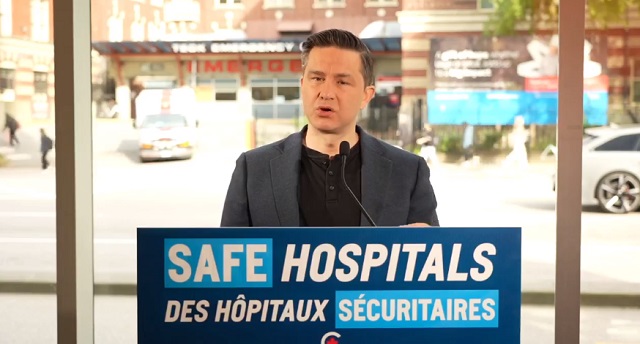
New release from the Conservative Party
The Hon. Pierre Poilievre, Leader of Canada’s Common Sense Conservatives, announced his plan today to ban dangerous weapons and drugs and punish those who harm doctors and nurses.
The Problem:
After nine years, Justin Trudeau’s radical experiment of decriminalizing hard drugs has failed. Since Trudeau formed government, over 42,000 Canadians have died from drug overdoses. Nanaimo, for example, has seen a nearly 400 percent increase in drug overdose deaths in the last four years alone, yet Trudeau decided to allow opioids, cocaine, heroin, and methamphetamine to be used in public places like hospitals and parks anyway.
The results of this experiment have been catastrophic. Chaos and disorder have reigned free in public spaces across British Columbia. Our once-safe hospitals are being destroyed by criminals and hard drugs, with the B.C. Nurses Union ringing the alarm bell, saying that patients and staff have been exposed to harmful, illegal drugs. The BC Nurses Union also reported that meth was being smoked in a unit just hours after the birth of a newborn baby. In northern British Columbia, the public health agency put out a memo telling hospital staff to allow patients to bring knives and other weapons into hospitals.
Life became so miserable that BC’s radical NDP Premier asked Justin Trudeau to walk back parts of his wacko decriminalization policy. But the Liberals haven’t learnt from their mistakes.
The Cause:
Two years ago, the Liberal Government granted the BC NDP Government’s request to allow hard drugs across the province, including in public spaces. In the first year of this reckless experiment, 2,500 Canadians died from drug overdoses. Meanwhile, community spaces like soccer fields, hospitals and city squares have been devastated by crime and disorder.
But Justin Trudeau refuses to rule out the requests from Toronto Public Health and the City of Montreal to allow hard drugs in Canada’s two largest cities. He also won’t say whether hard drugs should be allowed in children’s parks, hospitals and public transit. On top of this, the Liberal Minister of Mental Health refuses to acknowledge that their dangerous experiment was a failure.
The Solution:
Common Sense Conservatives will not allow this devastating experiment to play out in other Canadian communities. Canadians deserve a government that will keep hard drugs out of hospitals and will protect staff and patients. We will:
- Create an aggravating factor for the purposes of sentencing if a criminal has a weapon in a hospital.
- End the Health Minister’s power to grant exemptions under s.56 of the Controlled Drug and Substances Act if the exemption would allow people to use dangerous illicit drugs like fentanyl and meth in hospitals. This means that even if Trudeau grants Toronto and Montreal’s request to decriminalize hard drugs, our hospitals will be protected.
- Immediately pass Common Sense Conservative MP Todd Doherty’s Bill C-321, which will create an aggravating factor for assault committed against healthcare workers or first responders.
To be clear, the ban would not apply to any drugs prescribed by medical practitioners like doctors and nurses.
The Safe Hospitals Act will stop some of the insanity that Justin Trudeau and the NDP have unleashed on Canadians with their plan to decriminalize the public use of hard drugs everywhere in Canada. A Poilievre government will ban hard drugs, stop giving out taxpayer-funded opioids, and reinvest that money in treatment and recovery so we can bring home our loved ones drug-free.
Poilievre said:
“Justin Trudeau’s decriminalization experiment has failed. It has resulted in death, misery and destruction across British Columbia, while our hard-working nurses live in fear of inhaling dangerous drugs or being attacked by criminals.
“Instead of learning from this catastrophic mistake, Trudeau has doubled down. He’s refusing to reject Toronto and Montreal’s request to allow hard drugs like fentanyl and heroin to be used in Canada’s two biggest cities.
“Common Sense Conservatives will keep doctors, nurses and patients safe, even if Justin Trudeau won’t. The Liberals and NDP must vote for this common sense Bill until we can form a government that ends this deadly hard drug decriminalization experiment for good.”
-
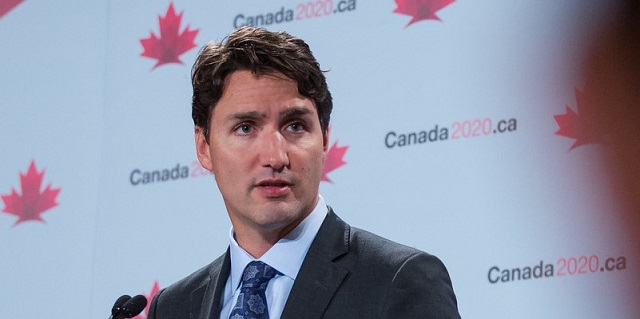
 Economy2 days ago
Economy2 days agoPrime minister’s misleading capital gains video misses the point
-
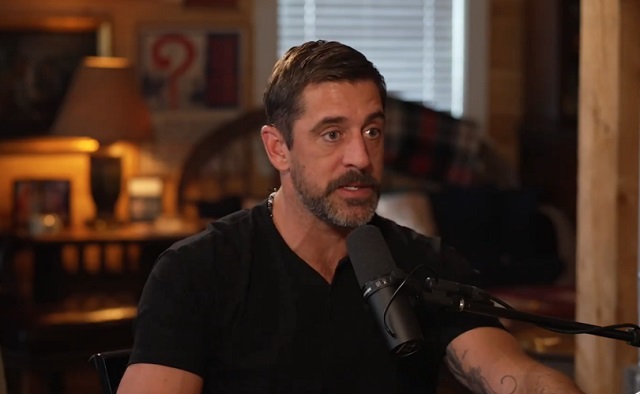
 COVID-192 days ago
COVID-192 days agoTucker Carlson and NFL star Aaron Rodgers discuss Bill Gates, COVID-19, US Deep State
-
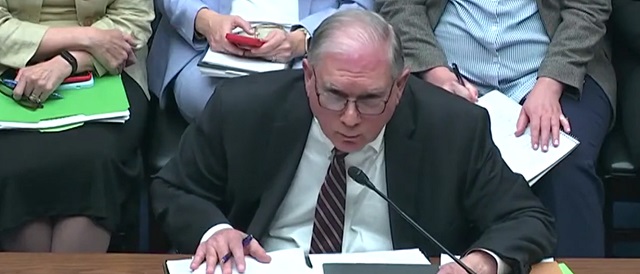
 COVID-192 days ago
COVID-192 days agoTop Fauci Aide Allegedly Learned To Make ‘Smoking Gun’ Emails ‘Disappear,’ Testimony Reveals
-

 COVID-191 day ago
COVID-191 day agoThe Vials and the Damage Done: Canada’s National Microbiology Laboratory Scandal, Part II
-

 Censorship Industrial Complex10 hours ago
Censorship Industrial Complex10 hours agoAustralia passes digital ID bill, raising fears of government surveillance without accountability
-

 Opinion9 hours ago
Opinion9 hours agoUK set to ban sex ed for young children amid parental backlash against LGBT indoctrination
-

 Brownstone Institute22 hours ago
Brownstone Institute22 hours agoEnough With These Dangerous Calculations
-

 Brownstone Institute22 hours ago
Brownstone Institute22 hours agoMusk Wins Latest Censorship Battle in Australia



